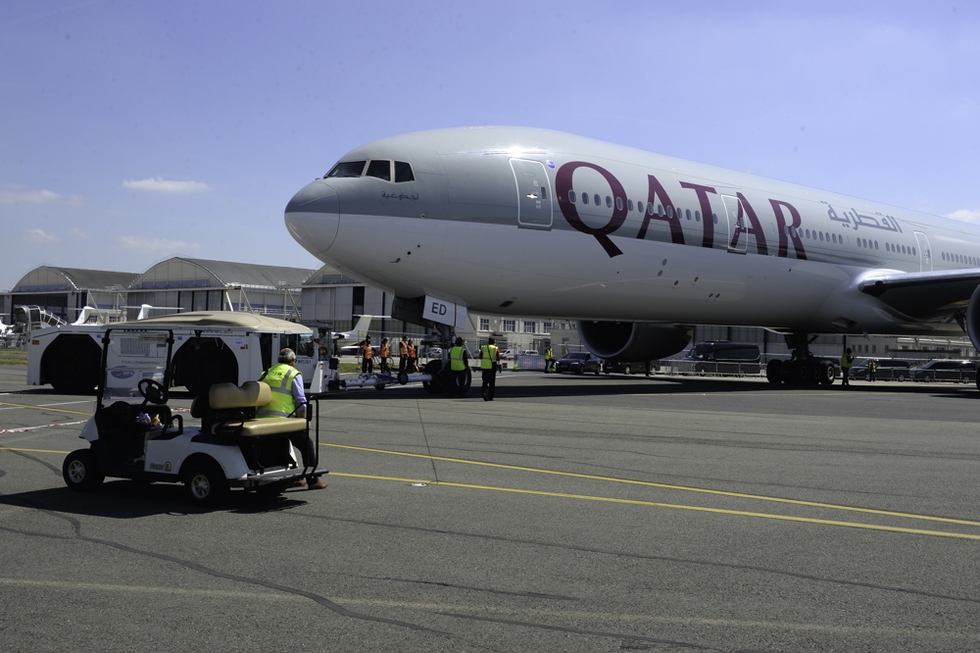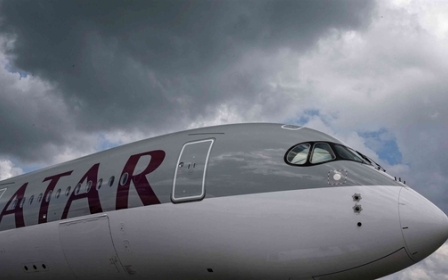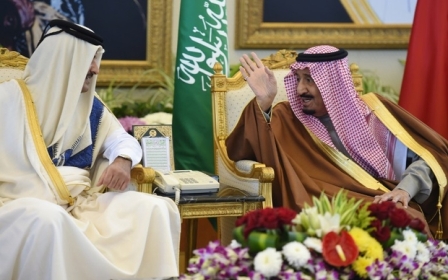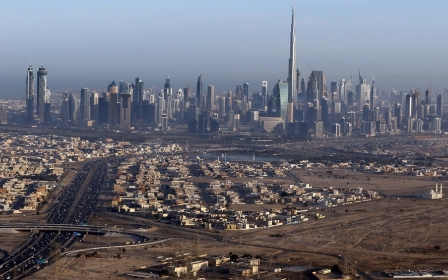Qatar waives visas for 80 nationalities amid Gulf boycott

Qatar, isolated by a two-month blockade and diplomatic crisis with its neighbours, announced on Wednesday a programme of visa-free entry to citizens of 80 countries in a bid to boost air transport and tourism.
"The visa exemption scheme will make Qatar the most open country in the region," tourism department official Hassan al-Ibrahim told a news conference in Doha.
Interior ministry official Mohamed Rashed al-Mazrouei said that nationals of 80 countries would only need to present a valid passport for entry to the energy-rich Gulf state, which is to host football's 2022 World Cup.
The list of 80 nations includes all European countries that are part of the EU’s Schengen zone. Most South American nations are also included on the list, as are states in Asia and North America, including Russia, Japan, India, China, Canada and the United States.
This historic announcement comes at time of historic significance while some countries in the region have decided to close their skies and their borders, Qatar has instead opened its borders
- Akbar al-Baker, Qatar Airways chief
Lebanon is the only Arab nation on the list, which was published at the end of the news conference. Still, the Gulf Cooperation Council (GCC), of which Qatar is a member, already allows freedom of movement to its nationals.
With immediate effect, citizens of 33 nations on the list will be allowed to reside in Qatar for 90 days either on multiple trips or in one go. Citizens of the remaining 47 nations will be allowed to stay without a visa in Qatar for up to 30 days in single or multiple trips.
Mazrouei said the countries were selected on the basis of security and economic considerations, or for the buying power of their nationals.
Qatar Airways chief Akbar al-Baker said his carrier, which this year plans to extend its network to 62 new destinations, would be a primary beneficiary.
"This historic announcement comes at time of historic significance; while some countries in the region have decided to close their skies and their borders, Qatar has instead opened its borders," he said.
Qatar seeks to develop ties beyond the Gulf
Oil giant Saudi Arabia along with Egypt, Bahrain and the United Arab Emirates imposed a boycott on Qatar on 5 June and cut off all transport links with the country after accusing it of supporting terrorism and of having close ties to Iran.
Doha denies the charges. Since the boycott began, Qatar has sought to build up its diplomatic and trade ties beyond the Gulf region. The visa scheme is just the latest in a series of measures aimed at preparing Qatar for greater economic independence in the long term. Efforts led by Kuwait to resolve the rift are ongoing.
Qatar has flown in food supplies from Turkey and Iran and chartered new shipping routes via Oman to bring in construction materials, but hotel occupancy rates have fallen as Saudis, a key source of tourism, are barred by their government from visiting the country.
Visitors from the six-nation Gulf Cooperation Council usually account for almost half of all visitors to Qatar.
Air links suspended by the four Arab states represented around 25 percent of flights by state-owned Qatar Airways, one of the region's big three carriers.
On 3 August, Qatar approved legislation allowing certain permanent residents to benefit from parts of the state's generous welfare system, including education and health-care services, a first for the Gulf.
Under the law, children of Qatari women married to foreigners and people with special skills "needed by the state" can benefit from the new status.
Foreign workers from countries including India and Nepal account for about 90 percent of Qatar's population of 2.7 million.
Qatar's World Cup organising committee has said the Arab sanctions will not affect preparations for the World Cup.
New MEE newsletter: Jerusalem Dispatch
Sign up to get the latest insights and analysis on Israel-Palestine, alongside Turkey Unpacked and other MEE newsletters
Middle East Eye delivers independent and unrivalled coverage and analysis of the Middle East, North Africa and beyond. To learn more about republishing this content and the associated fees, please fill out this form. More about MEE can be found here.




